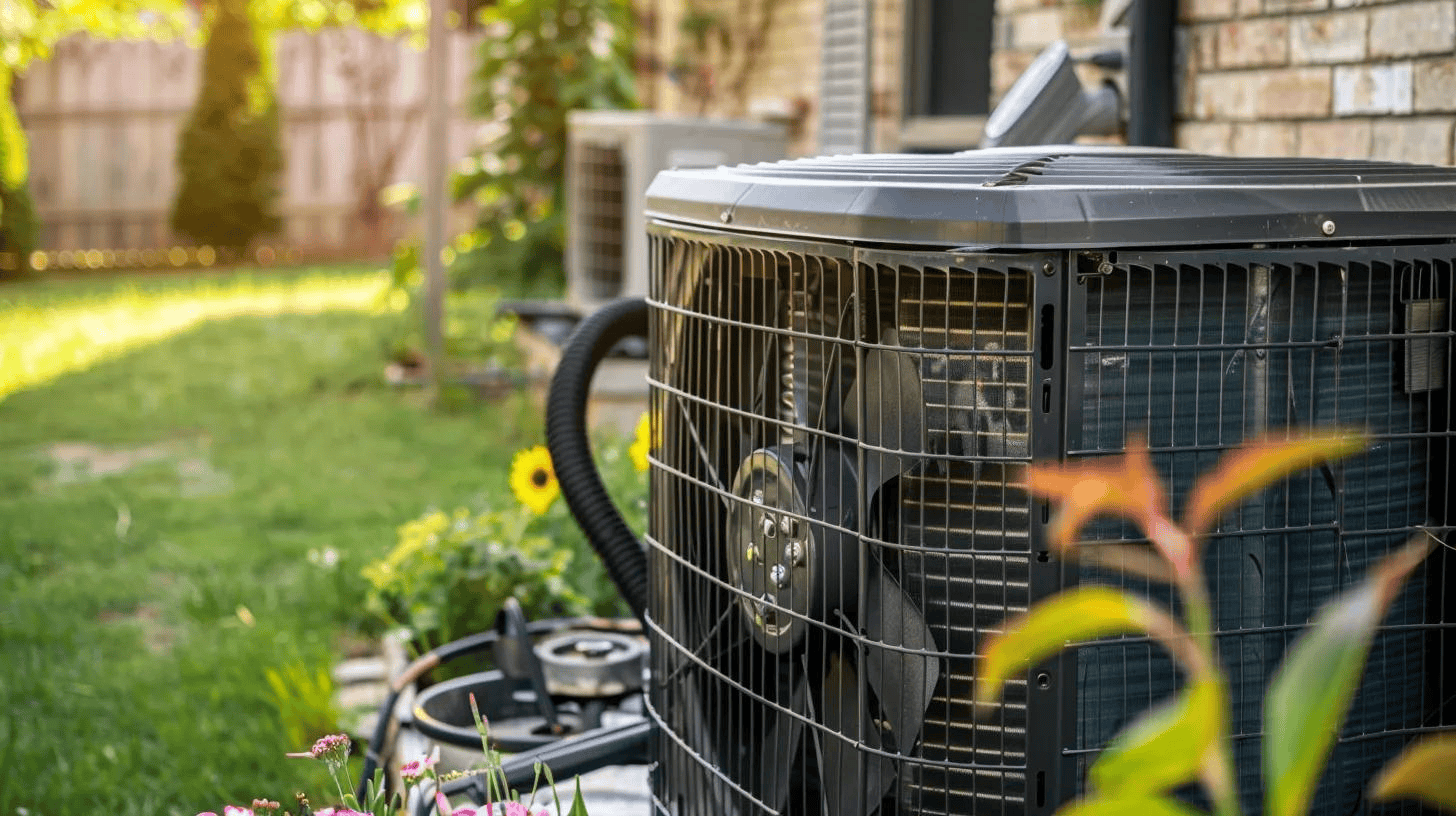Troubleshooting Low Water Pressure in Your Allentown Gas Boiler

Low water pressure in a gas boiler can be a frustrating issue for many homeowners in Allentown. It affects the comfort and safety of your home by impacting the efficiency of heating. When the water pressure in a boiler is too low, your heating system struggles to function properly, leading to uneven heating and potential failure of equipment. Understanding the problem and identifying common causes are the first steps toward ensuring your system operates smoothly.
Dealing with low water pressure issues early on is crucial for maintaining the efficiency and longevity of your gas boiler. This problem can lead to higher energy bills because your system works harder to heat your home. Additionally, consistent low pressure can cause long-term damage to your boiler. By understanding the issues and potential fixes, homeowners in Allentown can ensure that their gas boilers provide reliable heating throughout the cooler months.
Common Causes of Low Water Pressure in Gas Boilers
Low water pressure in gas boilers can stem from several potential sources. Identifying these can help you determine the best course of action:
1. Aging Or Corroded Pipes
- As pipes age, they can corrode and develop leaks. Corrosion can reduce the flow of water through the pipes, causing pressure issues in the boiler.
2. Leaks In The System
- Leaks are one of the most common causes of low water pressure. Even small leaks can lead to significant pressure drops. Regularly checking the visible sections of your piping can help catch these leaks early.
3. Faulty Pressure Regulator
- The pressure regulator controls the water pressure entering your system. If it becomes faulty or is set incorrectly, it can cause pressure levels to drop. Ensuring that the regulator is functioning properly and set to the correct level is key.
4. Sediment Buildup
- Over time, sediment can accumulate in the boiler system, especially in areas with hard water. This buildup can block water flow and lead to decreased pressure. Regular maintenance can help remove sediment and keep your boiler running efficiently.
How to Identify Low Water Pressure Issues
Identifying low water pressure in your gas boiler before it escalates into a more serious problem is crucial. There are several signs that homeowners in Allentown can watch for to catch this issue early. One common indication is when radiators don't heat up evenly. If some areas of the home remain cold while others warm up, this discrepancy may result from low water pressure. Additionally, listen for unusual sounds, such as gurgling or banging, which can indicate an imbalance in pressure.
To further assess, homeowners should examine the pressure gauge on the boiler. Most systems are equipped with a gauge that indicates the current water pressure level. Ideally, this should fall within the range recommended by the boiler manufacturer. If it is below this range, there might be a problem.
Along with checking the gauge, inspect for visible leaks or any corrosion around pipes and boiler connections. Small leaks may not be readily apparent but can contribute significantly to pressure drops. Addressing these signs promptly can prevent more extensive issues down the road.
Importance of Professional Inspection and Repair
Low water pressure issues involve intricate parts of your boiler system, so it's best to let trained professionals handle them. While it might be tempting to tackle the problem on your own, this can lead to complications or even void equipment warranties. Hiring experienced technicians is advantageous because they have the skills to quickly diagnose and solve the underlying issues, ensuring your boiler is safe and efficient.
Professionals bring valuable knowledge about the latest equipment and methods to restore your boiler’s pressure. They can also advise on any potential safety risks, which is vital for maintaining a secure home environment.
Beyond immediate repairs, technicians can offer insights on maintaining your system's efficiency over the long term. Regular professional inspections are essential because they help detect small problems before they become significant issues. By entrusting your boiler to experts, you gain peace of mind knowing the system is in capable hands.
Preventive Measures to Maintain Optimal Pressure
Once your boiler’s issues have been identified and resolved, adopting preventive strategies is key. Regular maintenance is perhaps the most effective way to avoid pressure problems. Homeowners should schedule annual inspections to ensure the system remains in top condition. These visits help spot mineral buildups or wear and tear that could impact pressure.
To stay ahead of potential problems, consider upgrading outdated components. Newer parts often provide improved efficiency and reliability. Some homeowners also benefit from installing pressure-regulating devices to maintain consistent water flow.
Ensuring Efficient Heating in Your Allentown Home
Maintaining proper water pressure in your gas boiler is an important aspect of keeping your home warm and comfortable. Addressing low pressure promptly can prevent costly repairs and ensure your heating system remains efficient. By prioritizing regular maintenance and professional inspections, homeowners in Allentown can enjoy peace of mind and consistent warmth during colder months.
Regular servicing not only maintains the efficacy of your boiler but also adds to the longevity of your heating system. By taking the necessary steps today, you guarantee that your home is prepared for the demands of any season, providing comfort and security for your family.
Keep your home's heating running smoothly with professional gas boiler service in Allentown from Mendez Heating & Cooling. Our technicians can quickly pinpoint issues and get your boiler operating at peak performance so that low water pressure doesn't disrupt your comfort. For a quick estimate or to book a service visit, please contact us today.
Recent Blogs
Customer Testimonials
Ready to Transform Your Home?
.webp)













